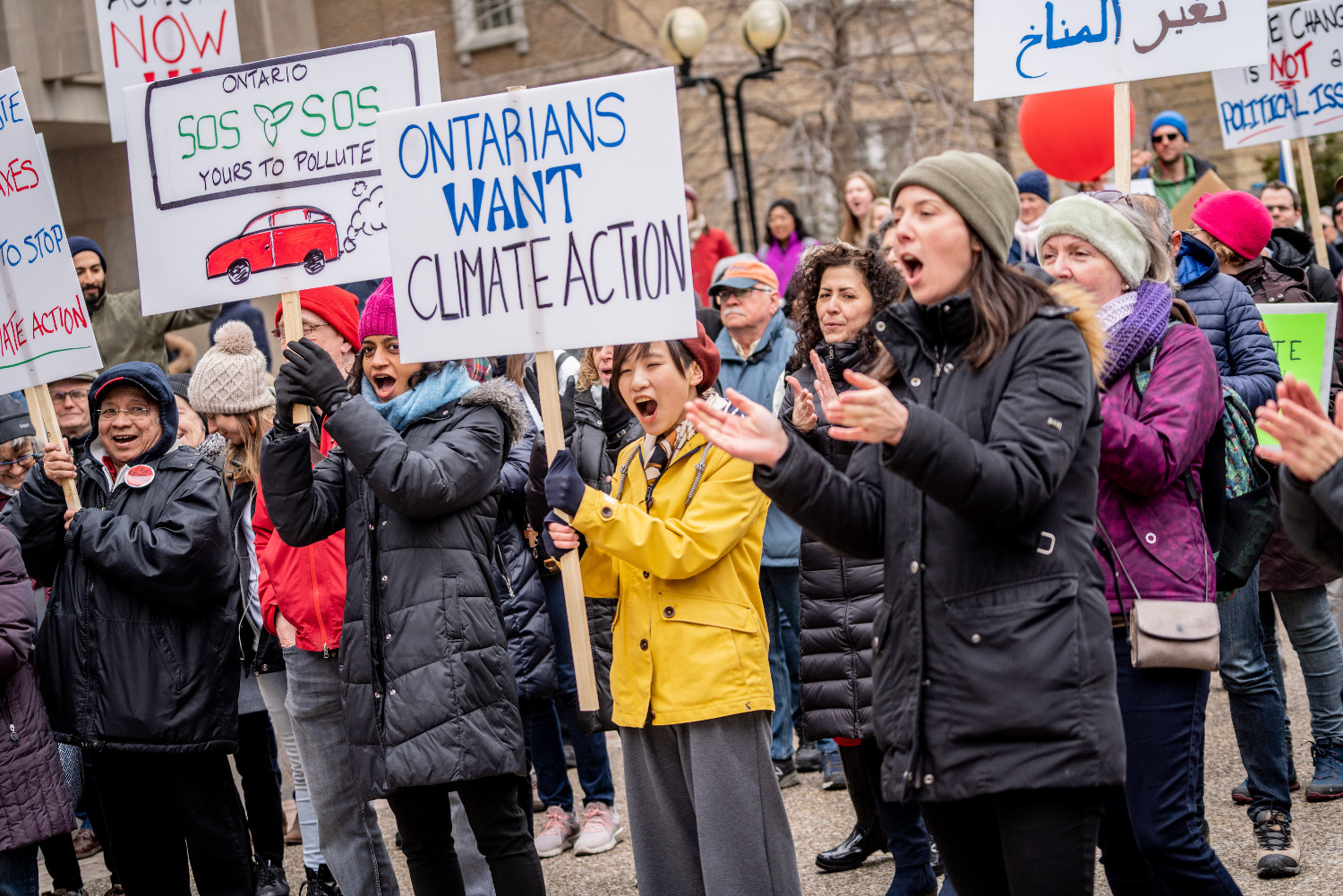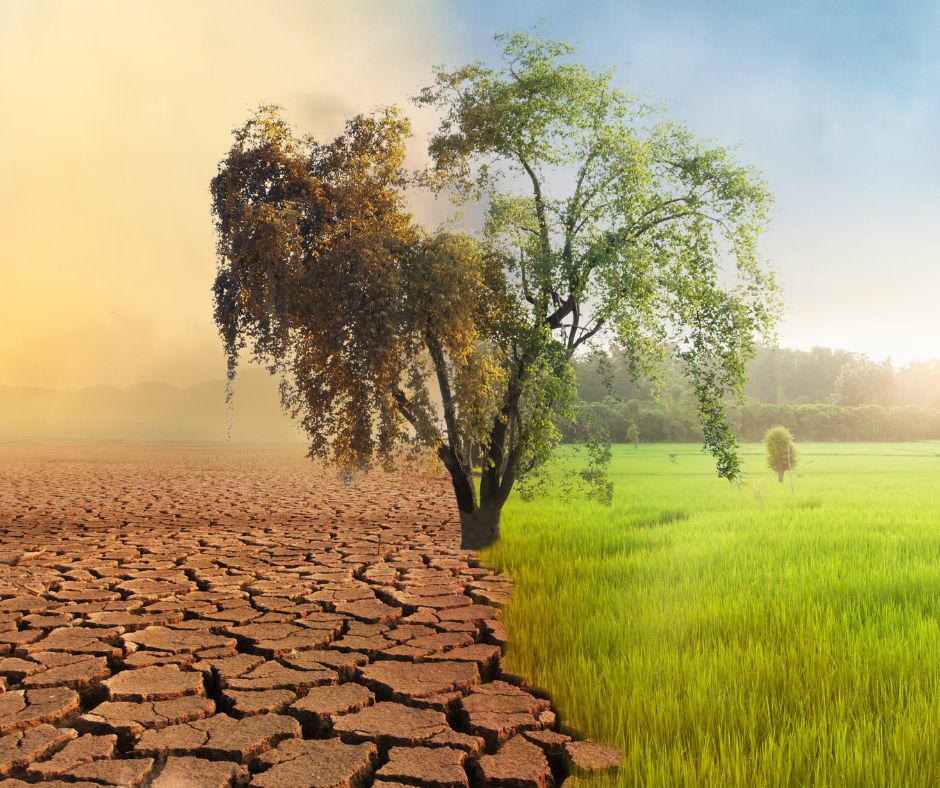I migrated to Canada with my family earlier this year. There were several reasons why I chose to move to this country, including quality of life and a great blend of cultures. But one of the most crucial reasons was Canada’s role in the global action on climate change. I worked for more than 8 years on environmental issues, particularly climate change, and collaborated with researchers and policy makers across the world to make climate action a reality. I wanted to work within Canada to frame conversations in this country to increase the pace of such action. But while from afar I thought Canada was a leader, after I started working here on climate action I realised we still have a long way to go.
At the international level, Canada is a supporter of global climate action and has committed to reduce its GHG emissions as part of the Paris Agreement. It is abundant in natural resources, including freshwater, forests, land, and biodiversity, but is also highly vulnerable to climate change. A recent report by the federal government highlights that Canada is warming twice as fast as the rest of the world. It is already facing an increased incidence of forest fires, extreme weather and floods. To meet its targets, the federal government is implementing the Pan Canadian Framework for Climate Action (PCF).
However, as I am getting more deeply involved in Canada’s environmental policies and climate action, I increasingly see the ways in which Canada falls short of being a global climate leader. The GHG emission reduction targets that Canada committed to as part of the Paris Agreement are far from compatible with 1.5˚C. Further, with the current pace of action, it is unlikely to meet its committed target because it has not been able to implement the framework completely. Other actions by the government such as continued fossil fuel subsidies to industries in the latest budget and approval of the expansion of Trans Mountain Pipeline for crude oil supply are counterintuitive and will have negative impact on the progress made so far.
If this wasn’t enough, the federal government also faces strong criticism and lack of support from several provincial governments that are against real climate action. Four provinces – Ontario, Manitoba, Saskatchewan, and Alberta – are wasting tax dollars to fight the federal government’s carbon pricing mechanism with claims that it is a burden on tax payers, even though it is being given back to the people as climate rebate payments. Ontario’s premier also cancelled several environmental and climate action programs in the province (the list is very long!), including cap and trade – a market based mechanism that encourages industries to be environmentally sustainable. Ontario announced its own climate action plan that is not only insufficient, but a complete greenwash.
Despite all this bewildering information, I think that there is still hope for the fight against climate change in Canada. At the heart of this belief is the fact that a large number of Canadians are demanding climate action from their governments at federal and provincial levels, making it one of the top issues in the upcoming federal election. They want their government to have a serious plan to save the environment and tackle climate change.
Each political party in Canada has developed a climate plan, which Canadians have demanded repeatedly. They are reaching out to political parties and their elected representatives by sending letters and calling their MPs and MPPs to take action, and participating in climate rallies in large numbers such as the one organised by Environmental Defence to oppose Ontario government’s court challenge against federal carbon pricing.
It is the power of the people that is going to drive Canada’s action on climate change. Therefore, it is critical that this election we get out to vote, and prioritize the environment and climate action while electing our representatives. This is a decisive moment that could determine whether Canada becomes a true climate leader or not. And we have the power to determine our children’s future.







